In 1925, the Asheville Chamber of Commerce, along with many organizations throughout the South, headed north to participate in the Southern Exposition, held in the Grand Central Palace in New York.
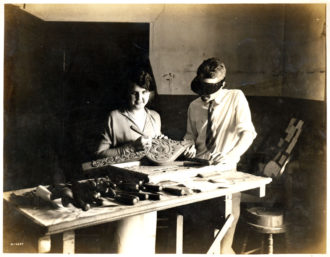

In 1925, the Asheville Chamber of Commerce, along with many organizations throughout the South, headed north to participate in the Southern Exposition, held in the Grand Central Palace in New York.
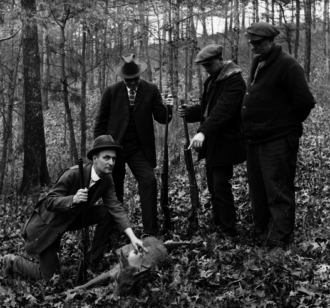
In the late fall and early winter of 1936, Pisgah National Forest invited hunters to bag stags. Though there were plenty of stipulations involved, thousands of nimrods applied to partake in the monthlong hunt.
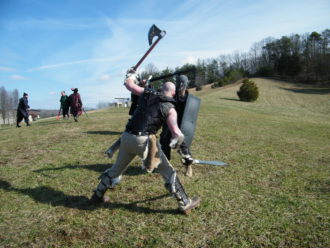
Whether playing a role in an elaborate fantasy scenario or serving as historical interpreters, many adventurous souls in Western North Carolina say that dressing up as someone from another time and place helps transport them to a different reality.
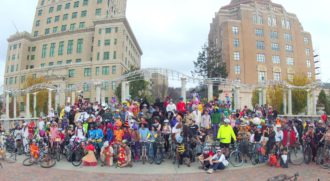
Want to add an extra layer of intrigue to your recreation? Try a costumes community bike ride, an LGBTQ+ walking tour, an escape adventure or a figure drawing salon.
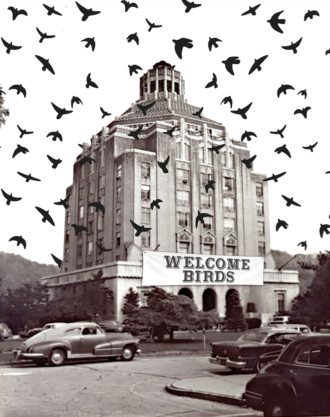
“What does the establishment of a wild bird sanctuary mean?” asked an editorial in the Sunday, Feb. 23, 1947 edition of the Asheville Citizen-Times. “It means that the birds of the area are officially recognized as worthy residents and entitled to certain rights and privileges.”
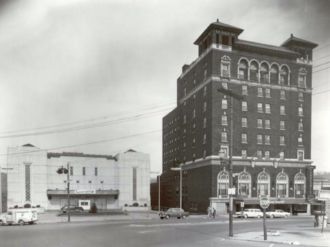
On Feb. 21, 1947, The Asheville Citizen reported on a three-day conference taking place in Asheville. Consisting of over a dozen organizations, the groups sought “to solve one of the oldest questions in time — how to live peaceably with all peoples.”
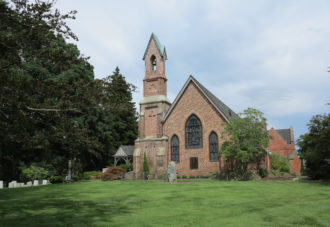
Last month marked the 400th anniversary of the introduction of slavery to North America, triggering a new round of national soul-searching about human bondage and its complex legacy. And closer to home, Lost Cause-era monuments to Confederate figures at Calvary Episcopal Church in Fletcher also raise significant questions about the country’s troubled history and this region’s place in it.
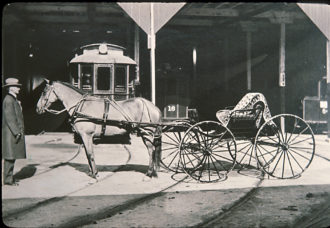
On April 26, 1913, trolley conductors went on strike. The union members called for peaceful protest. Unfortunately, many residents did not abide by their wishes. As the protest dragged on, violence erupted, with bricks thrown and shots fired.
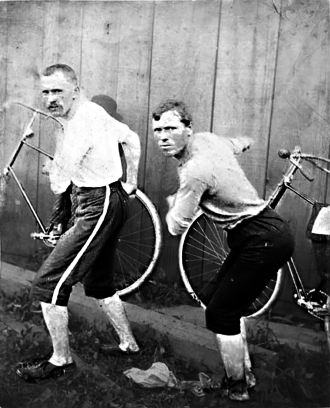
In 1894, Labor Day was officially recognized as a federal holiday. Three years later, Asheville hosed its inaugural Labor Day celebration. The event featured a series of activities, including bicycle runs, foot races and a game of tug-of-war.
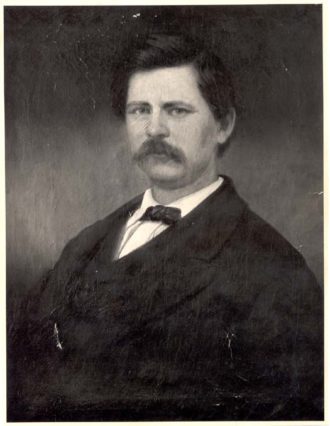
n 1874, Zebulon Vance stood before the House of Representatives arguing against a bill that would outlaw racial discrimination in juries, schools, transportation and public accommodations. “Let the people of the South alone, sir, and this thing will adjust itself,” Vance proclaimed.
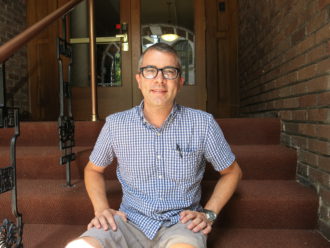
Local historian Jon Elliston’s latest talk, “WNC Declassified,” will feature accounts of Nazi sympathizers, FBI intrigue, espionage, nuclear war and the undoing of a presidency.

“I see a potential for these girls not just to get educated and inspired and leave, but to take that inspiration and figure out how to instill it in their communities and create a better future,” says historian and baker Maia Surdam of the 10-year-old program.
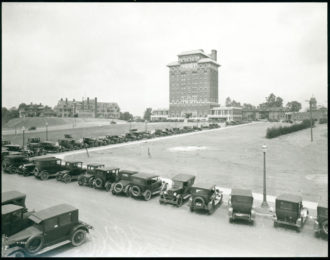
On Aug. 29, 1920, The Sunday Citizen asked readers, “Why should the city provide places in the streets for the prolonged parking of motors?” Responses to the question varied.

In 1906, Asheville tried what it could to lure Champion Fibre Co. away from building its new plant in Canton, desperate to bring the company’s 1,000 new jobs to the banks of the French Broad River.
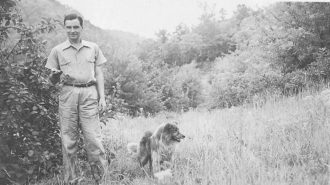
On Sept. 4, 1955, in an opinion piece published in the Asheville Citizen-Times’ Sunday edition, Montreat resident Dr. Nelson L. Bell proclaimed: “Both forced segregation and forced integration infringe on the legal right of the individual.” Not everyone agreed, including Beaverdam resident Jim Stokely Jr.
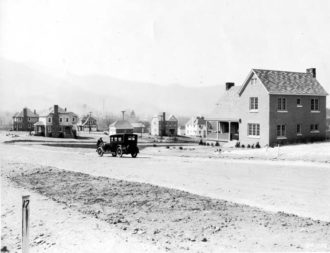
Billed as America’s first planned community, Grovemont-on-Swannanoa was depicted as a place to escape the crowded city in order to live among lakes, parks and floral gardens.
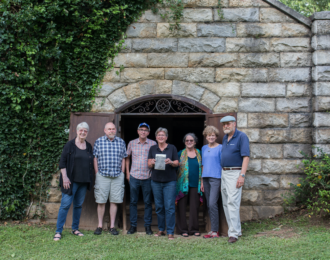
On Wednesday, July 31, the North Carolina Room will host the official launch party, celebrating the publication of Hidden History of Asheville.
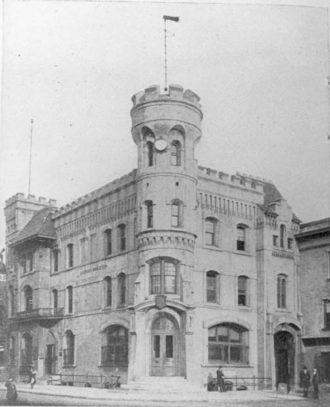
On Jan. 2, 1919 the Pack Memorial Public Library opened on Pack Square.
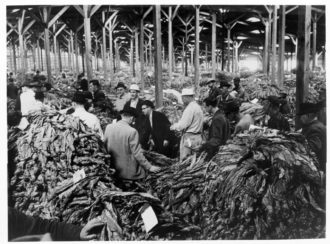
On Dec. 10, 1930, despite the country’s economic turmoil, the Carolina Tobacco Warehouse opened in downtown Asheville.

ASHEVILLE, N.C.
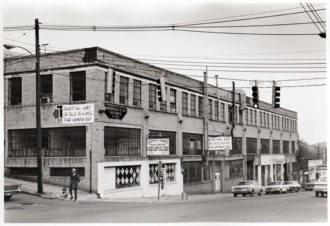
On Nov. 11, 1928, The Sunday Citizen announced the opening of the Tyler Building. The three-story building, which still stands today, totals 90,000 square feet. It took five months to construct, costing $175,000.